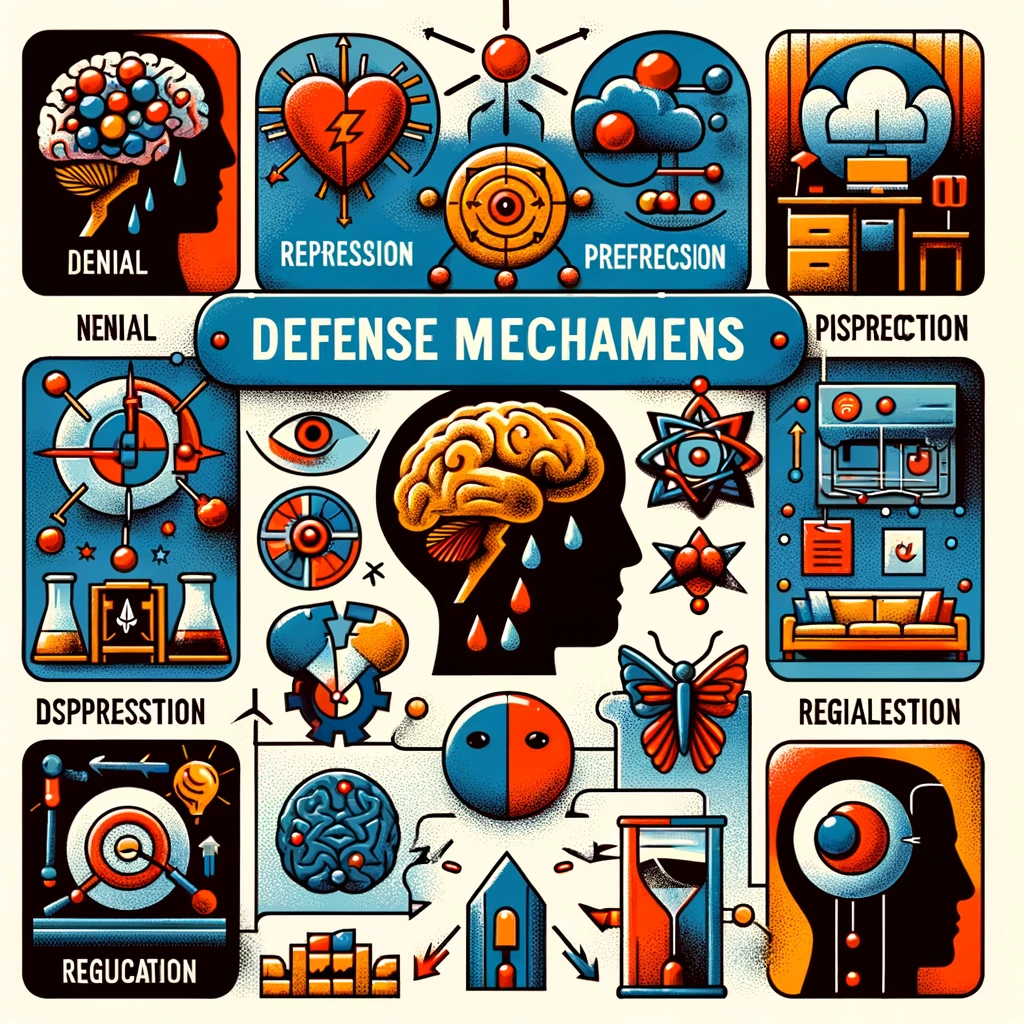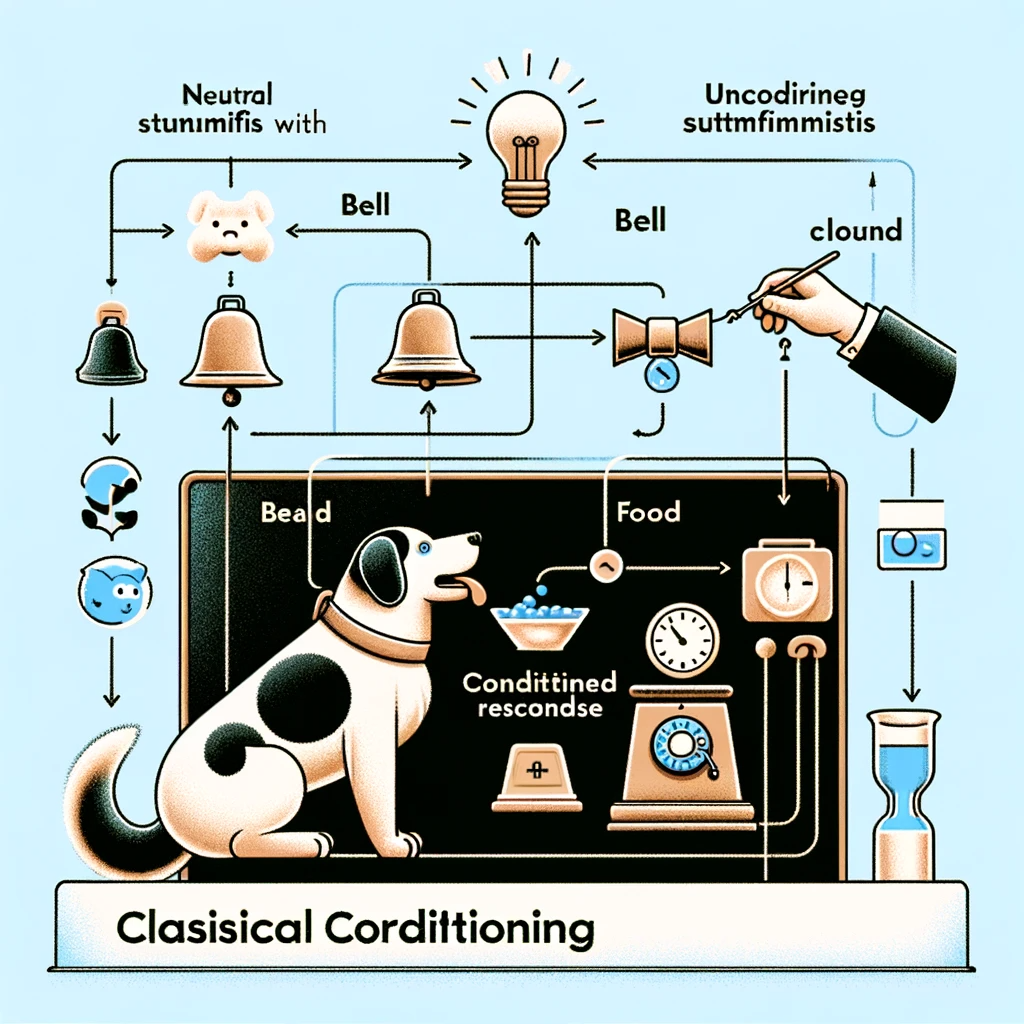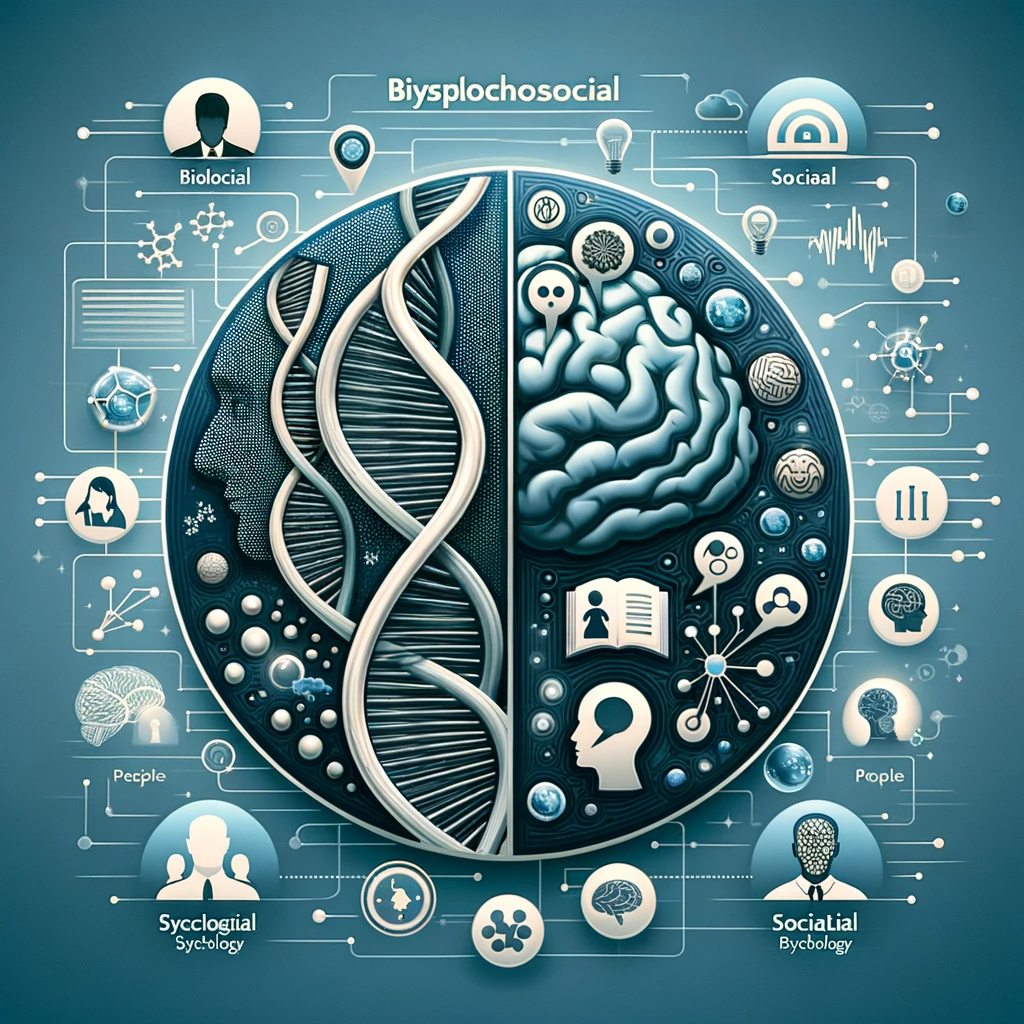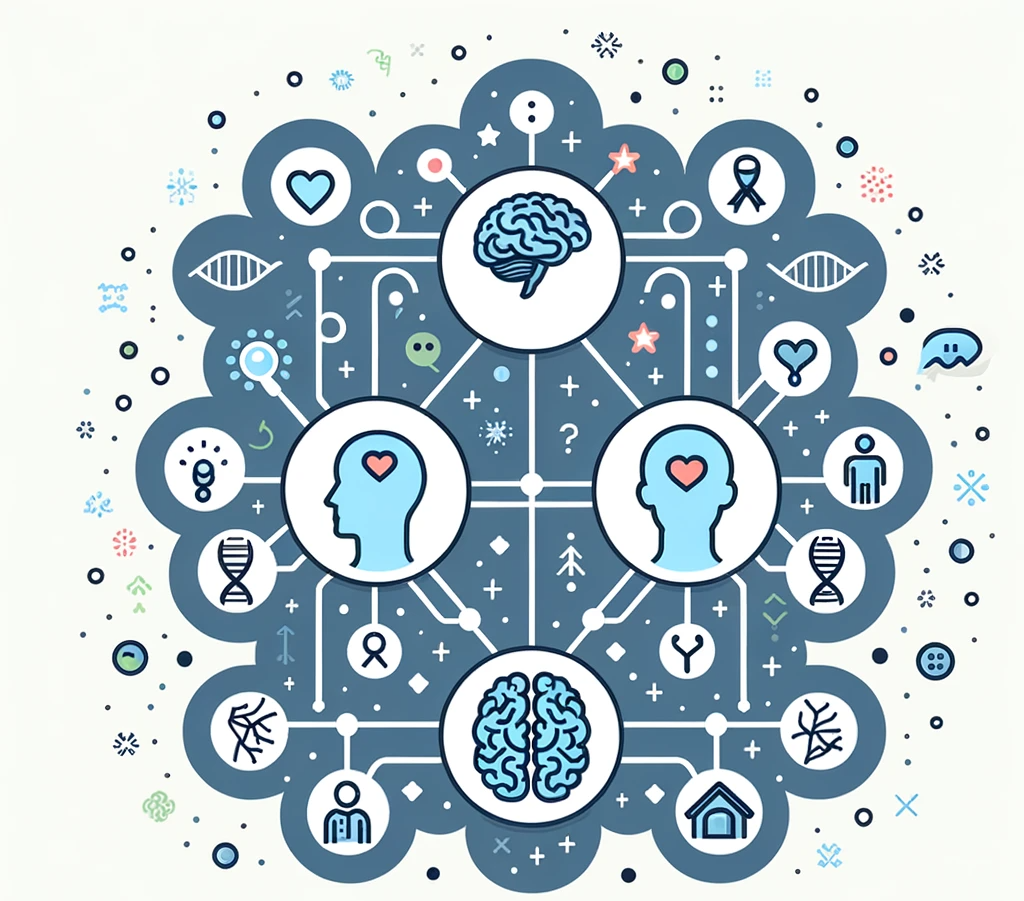Reading Time: 3 minutesThe biopsychosocial model presents an integrative paradigm for examining human health and pathology. It posits that biological, psychological, and social factors are not only interrelated but also collectively influence an individual’s well-being. This holistic approach challenges the reductionist view of health prevalent in traditional biomedical models. Emerging as a pivotal theory in the late 20th […]

Deciphering Defense Mechanisms: A Psychological Exploration
Reading Time: 2 minutesDefense mechanisms are psychological strategies that are unconsciously used to protect a person from anxiety arising from unacceptable thoughts or feelings. Sigmund Freud first identified them, and later his daughter, Anna Freud, elaborated on them. Understanding Defense Mechanisms Defense mechanisms operate at an unconscious level and help ward off unpleasant feelings or make good things […]

Classical Conditioning and Its Influence in Psychology
Reading Time: < 1 minuteUnderstanding the Basics of Classical Conditioning Classical conditioning is a fundamental concept in psychology, introduced by Ivan Pavlov in the early 20th century. This learning process involves creating an association between a naturally occurring stimulus and a previously neutral one. Pavlov’s Experiment Ivan Pavlov, a Russian physiologist, demonstrated classical conditioning through his famous experiment with […]

The Biopsychosocial Model in Psychology
Reading Time: < 1 minuteUnderstanding the Comprehensive Approach to Health The biopsychosocial model in psychology is a groundbreaking approach that broadens the scope of healthcare by integrating biological, psychological, and social factors in understanding health, illness, and healthcare delivery. Origins and Significance Developed by psychiatrist George Engel in the 1970s, this model challenged the traditional biomedical approach, which focused […]

